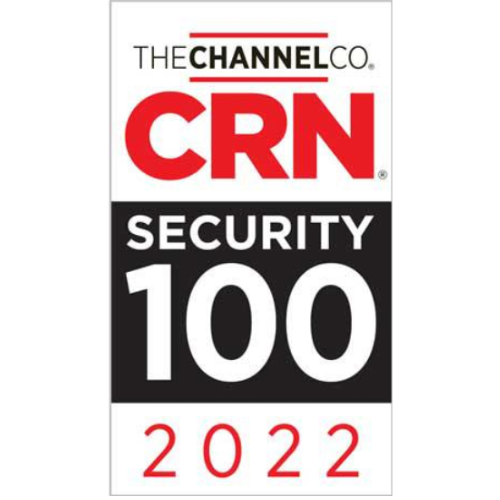Educational institutions face a severe problem: Upgrade their district's staff to multi-factor authentication (MFA) or face increased insurance premiums or even lose coverage altogether. However, the conversation about MFA starts with many questions; "Why should a school have cyber liability insurance?", "What exactly is MFA?" and "What are the solutions to meeting the MFA requirement?"
Why have Cyber Liability Insurance?
Cyber liability insurance is essential for most institutions in the United States, but primarily educational facilities. Schools and universities are soft spots for cyberattacks because they hold valuable information relating to an individual, such as name, address, social security, and other data. However, schools rarely have the funds to invest in a full-time cybersecurity specialist. In fact, according to k12 six, there have been 1,331 Incidents Since 2016. That's one of the reasons schools invest in cyber liability to help mitigate the cost and time when cyber-attacks happen. However, many insurers require MFA for coverage, which causes a big problem for schools...How do I implement MFA that is cost-effective, efficient, and meets requirements?
What is MFA?
MFA, also known as 2FA, two-factor authentication, or multi-factor authentication, is authenticating your identity with two pieces of evidence when logging into an account. You already might be using some form of MFA, like swiping your bank card at an ATM and then entering the pin code.
MFA credentials fall into three categories:
1. Something you know, like a password
2. Something you have, like a phone
3. Something you are, like a facial scan
Using the above three categories, school districts will protect their user's identities by requiring them to identify themselves before logging onto the wifi network, email, and other applications.
MFA insurance requirements are not without issues. The vast majority of time and heartache will be at the individual user level - helping end-users understand and use the new process. Cell phone and tech-savvy users already have 2fa implemented with accounts like Amazon and Youtube. But for users who aren't, it won't just be implementing MFA but showing them how to use a "smart" phone. Not to mention, technical staff will need to continually back up their staff's hardware because when someone gets a new phone, the process starts again. That is where the real heartache will be.
While MFA is a pain since you have to take time to authenticate your identity before accessing accounts, MFA will reduce security risks. Your district is less vulnerable to ransomware, phishing, and password attacks. However, your cyber liability company will still assist your district financially and technologically in case of an attack.
How MFA will help you remain insured and possibly lower rates
Watch Pine Cove's webinar with DUO. In the webinar, we cover:
- What cybersecurity insurance is
- The importance of MFA and why cybersecurity insurers consider it when evaluating an organization
- How to build a robust security strategy for your K-12 institution

Solve the MFA Insurance Requirement with Pine Cove Consulting
Pine Cove partners with DUO to deploy district-wide solutions broadly, efficiently, and cost-effectively. DUO's MFA services let you verify your identity in seconds, protect any application on any device, and deploy in any environment.
Applying multi-factor solutions to your educational district is not easy. However, Pine Cove Consulting's technology team is a leading expert in deploying MFA within the educational system. We offer technical support to assist your technology department during and after the transition.
✉️ Email us at sales@pinecc.com
☎️ Call us at 800.432.0346



.png)







